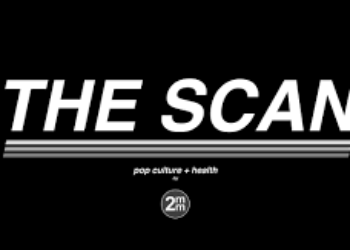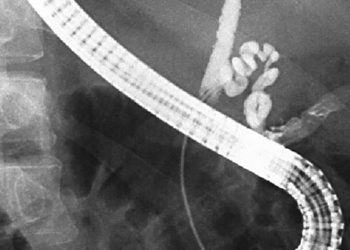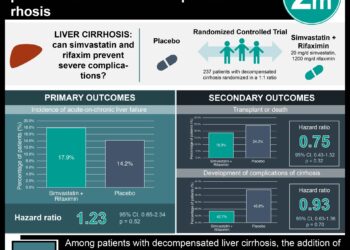Symptoms of burnout and career regret prevalent among U.S. resident trainees
1. In this prospective cohort study, trainees in specialties such as urology, neurology, emergency medicine, and general surgery were all associated with a higher relative risks of reported burnout symptoms during residency.
2. Trainees with symptoms of burnout were 3.2 times more likely to express career choice regret.
Evidence Rating Level: 2 (Good)
Study Rundown: The prevalence of burnout among medical professionals is associated with emotional exhaustion, depersonalization, and a low sense of personal achievement. Together, these symptoms can lead to career dissatisfaction and career regret. In this prospective cohort study among second-year resident physicians from all specialties, nearly half reported at least one symptom of burnout per week. This was associated with specialty choice with those residents in urology, emergency medicine, neurology, and general surgery with the highest relative risk for burnout during training. Additionally, if residents were more empathic and less anxious during their fourth year of medical school, this was associated with a lower relative risk of burnout during residency. Interesting, while specialties such as pathology and anesthesiology had lower relative risks of burnout, they were associated with high career regret, suggesting that burnout may not be the predominate factor leading to career regret in all specialties.
A noticeable weakness of this survey study was that only 55% of students sampled responded to the survey, which may limit the generalizability of the results, especially among specialties with low representation. However, burnout is prevalent among U.S. physicians, and the prevalence in this study was similar to others. Further studies could explore the etiology of burnout and career regret in order to improve career choice satisfaction and resident wellness.
Click to read the study, published today in JAMA
Relevant Reading: Burnout among U.S. medical students, residents, and early career physicians relative to the general U.S. population
In-Depth [prospective cohort]: This study recruited 5,823 first year medical students from 49 U.S allopathic medical schools between October 2010 and January 2011. Students completed a baseline survey at enrollment, again in their 4th year of medical school, and lastly in their 2nd year of residency. The main outcomes from this study included the prevalence of burnout and career choice regret in their 2nd year of residency. In all, 3,588 trainees completed all three surveys at the three different timepoints. For resident physicians, 45.2% (n=1615) reported having at least one symptoms of burnout per week (CI95 43.6 to 46.8%). In term of career regret, 14.1% (n=502) expressed that they would “definitely not” or “probably not” choose to become a physician again and 7.1% (n=253) expressed that they would “definitely not” or “probably not” chose the same specialty again. After controlling for multiple factors (demographics, debt, Step 1 score, anxiety, empathy), training in specialties such as urology, neurology, emergency medicine, and general surgery were all associated with a higher relative risks (RRs) of reported burnout symptoms during residency compared to internal medicine (RR range 1.24 to 1.48). Other specialties such as dermatology and pathology had lower risk for burnout (RR range 0.62 to 0.63). Trainees with symptoms of burnout were 3.2 times more likely to express career choice regret (CI95 2.58 to 3.82).
Image: PD
©2018 2 Minute Medicine, Inc. All rights reserved. No works may be reproduced without expressed written consent from 2 Minute Medicine, Inc. Inquire about licensing here. No article should be construed as medical advice and is not intended as such by the authors or by 2 Minute Medicine, Inc.







